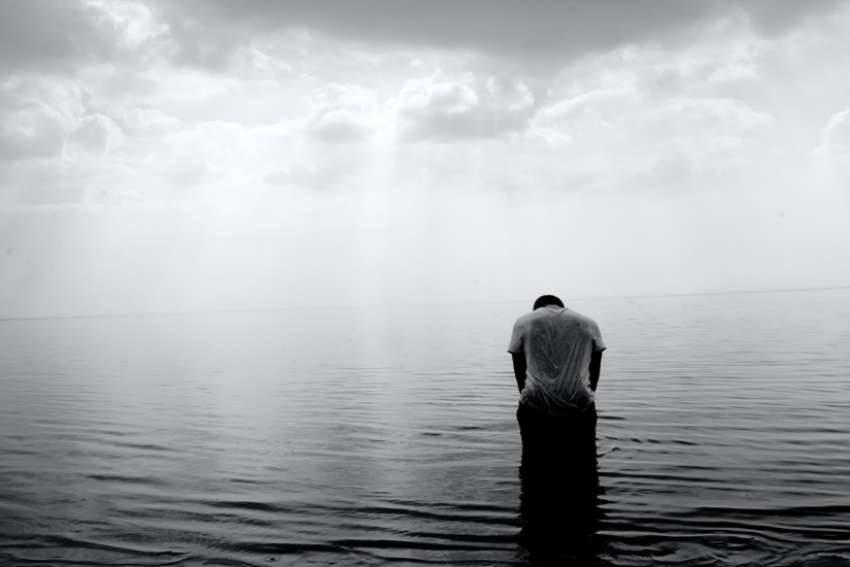Pollsters say the population of the Western world has never been so pessimistic about the world’s future. “Canadians today are more pessimistic about the future than at any time since we have started tracking this,” Nik Nanos of Nanos Research recently told Globe and Mail columnist John Ibbitson.
As the world moves into 2022, many concerns do give rise to a dreary outlook. Leading the way are the resilient pandemic and the existential threat posed by climate change. Right now, I am looking out a second-floor window in my home in Edmonton as snow gently drifts to the ground. It is minus 22C, a normal temperature here in mid-December. But the fires, floods and major storms that are increasing in number and intensity are sure symptoms of a new normal emerging, one that will have devastating consequences for millions, if not billions, of people around the globe.
During a recent phoning project, I spoke with people about their experiences of the pandemic. The majority reported serious turmoil in their lives — lost jobs, jobs quit because of increased conflicts with obstreperous clients, decreased contact with family and friends, small businesses shut down, loneliness and isolation, tighter personal spending. I had heard all this from media reports and friends. Hearing such stories from many strangers drove home the gravity of the situation.
Then there is the opioid crisis, the world refugee crisis, skyrocketing housing prices, the traumas experienced by Indigenous people in Canada and the decline in non-renewable minerals and energy resources. Topping it off is the rapid increase in government debt, driven, in part, by attempts to deal with the problems mentioned above.
Governments will not be able to spend their way out of these crises, but they will try. And really, aren’t governments obliged to address the crying needs in front of us? The populace would be rightly angered if their elected officials turned their backs on the personal and systemic crises of our time.
Still, the myth of the sustainability of the way of life taken for granted since the end of the Second World War is now shot full of holes. Everyone who has eyes even partially open can see it. Our lifestyles are going to change in ways we won’t like. Many who have always lived close to the edge will be pushed or will fall over that edge.
This unprecedented global crisis will challenge the liberal democracy which we believe is the best form of government. In an age when society strives for greater transparency, large numbers have come to believe that some vast conspiracy controls society. Indeed, we are manipulated, obviously by advertising, but more fundamentally by our own materialistic belief that we can have it all without paying a price.
Populism is a threat that will not go away. Indeed, it may well grow as the search intensifies for an all-powerful leader who will make all bad things disappear.
What is the solution to this morass? First, we must face the fact that the day of reckoning is upon us. Nothing will deliver us completely from the crises that we face. We can and should strive for greater equality and justice, lower our material expectations, strive to respect the natural world and befriend our families, neighbours and those on society’s margins. But that will not prevent the whirlwind.
Second, we should demand that governments take the long view of what is best rather than what is most expedient in a four-year election cycle. Sustainability applies to the use of natural resources. It also applies to the acquisition of debt and support for stable family environments in which children are raised.
Third, we must recognize that while government can be our friend, it can also be our enemy when it overextends its reach. Mutual aid among families and neighbours can strengthen the informal bonds which build community.
Most important, we need to believe in a higher power. Not just as a crutch to lean upon in bad times but as the orientation for every aspect of our lives. The vast secular experiment has failed. It has cut us off from the core relationship essential to human thriving — our relationship with the Divine. We have turned to idols and been enslaved by addictions. Only if society and its members undergo a massive 12-step program will we be able to meet the future with grace and hope. Jesus is the way to new life.
(Argan writes from Edmonton.)


